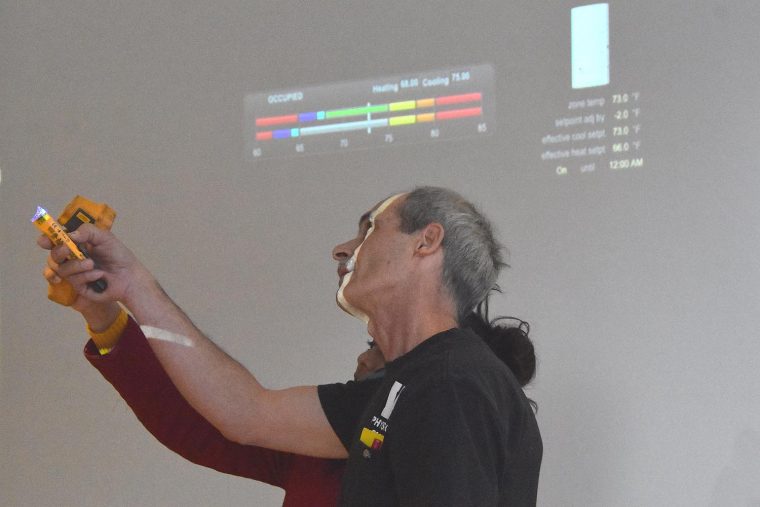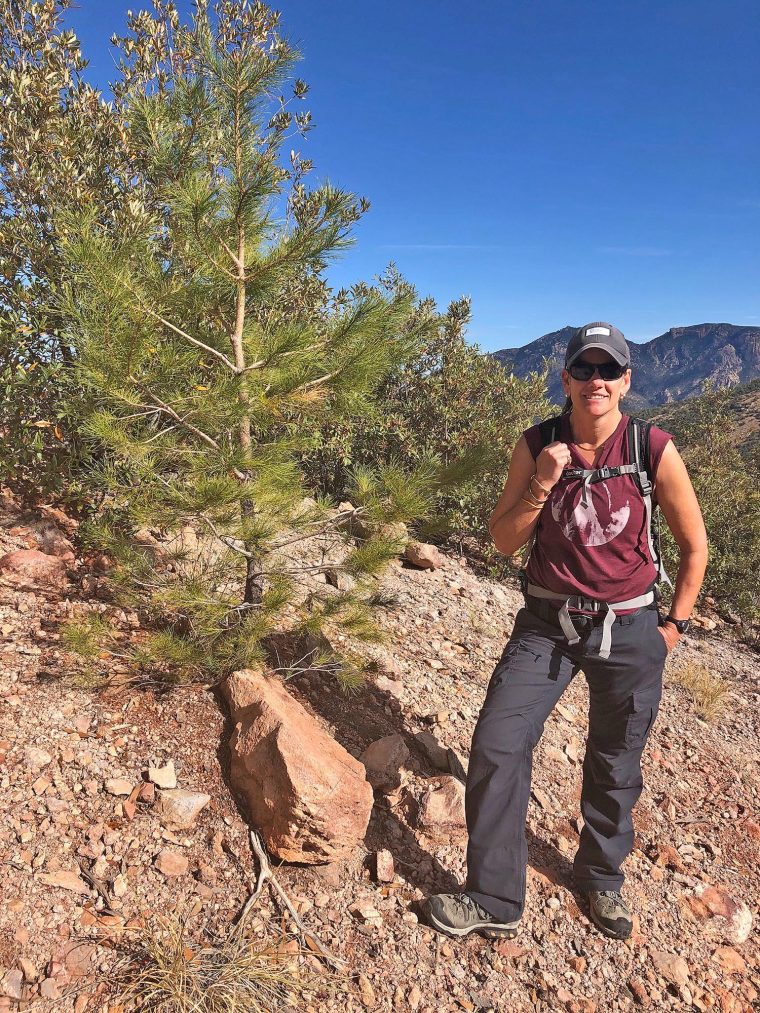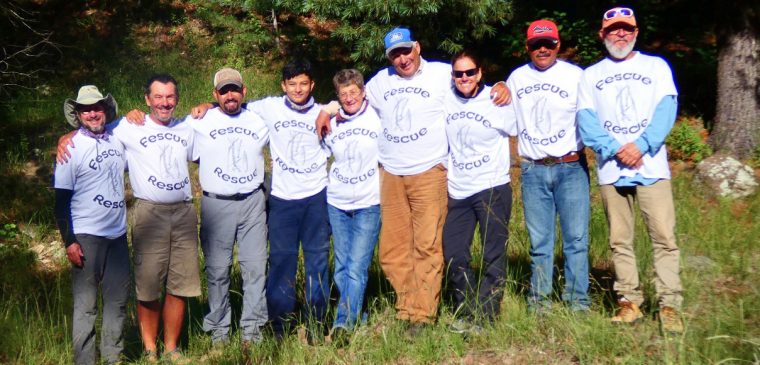Helen Poulos, adjunct assistant professor of environmental studies, is the lead author on a research article titled “Wildlife severity and vegetation recovery drive post-fire evapotranspiration in a southwestern pine-oak forest, Arizona, USA” published in Remote Sensing in Ecology and Conservation on May 8, 2021. Undergraduates Michael Freiburger '21 and Hunter Vannie '20 assisted in collecting field data. From the paper’s abstract: In this study, post-fire ET was driven by plant species composition and tree canopy cover. ET was significantly higher in the morning and midday in densely vegetated post-fire shrublands than pine-dominated forests that remained 5–7 years after wildfire. Our…
Gabe Snashall '21 and Adjunct Assistant Professor of Environmental Studies Helen Poulos are the co-authors of "Oreos Versus Orangutans: The Need for Sustainability Transformations and Nonhierarchical Polycentric Governance in the Global Palm Oil Industry," published in the Feb. 22 issue of Forests. According to the paper's abstract, "While the myriad benefits of palm oil as a food, makeup, and cleaning product additive drive its demand, globally, the palm oil industry remains largely unsustainable and unregulated. The negative externalities of palm oil production are diverse and devastating to tropical ecosystem integrity and human livelihoods in palm oil nations. Given the current…
As part of the Introduction to Environmental Studies class, six students embedded themselves into the work lives of Wesleyan's Physical Plant employees to learn the inner workings of campus. Leila Henry '23, Serena Aimen '22, Tanvi Punja '22, Molly Scotti '22, Nina Criswell '22, and Mikaela Marcotullio '23 shadowed the Physical Plant workers for three-hour shifts every week throughout the fall semester. The experience concluded with performances on Dec. 5 that represented the culmination of that work. The class was taught by Helen Poulos, adjunct assistant professor of environmental studies, and the performances were curated with the help of Allison…
Wildfires can transform forest ecosystems to varying degrees, depending on fire severity. While low-severity wildfires change plant community composition by killing short-statured trees and understory plants, high-severity fires result in top kill of above-ground vegetation. This variation in wildfire effects can have major impacts on post-fire vegetation composition and water stress. Helen Poulos, adjunct assistant professor of environmental studies, received a $300,000 grant from NASA on Dec. 5 to examine how forests can permanently change in response to high-severity wildfire in southeastern Arizona. (more…)
The rare Guadalupe fescue once thrived in abundance atop mountains spanning the Texas-Mexico border, however, the desert-growing perennial grass is now so endangered, it only flourishes in two locations on Earth. The rapid population decline is leaving scientists puzzled. "Developing an effective recovery plan is essential for protecting Guadalupe fescue, however, the lack of basic information about this species’ ecology is a serious barrier to that goal," explained Helen Poulos, adjunct assistant professor of environmental studies. "Urgent action is needed to stabilize the two extant populations." This summer, under Poulos's leadership, Wesleyan received a National Park Service Grant to study…





